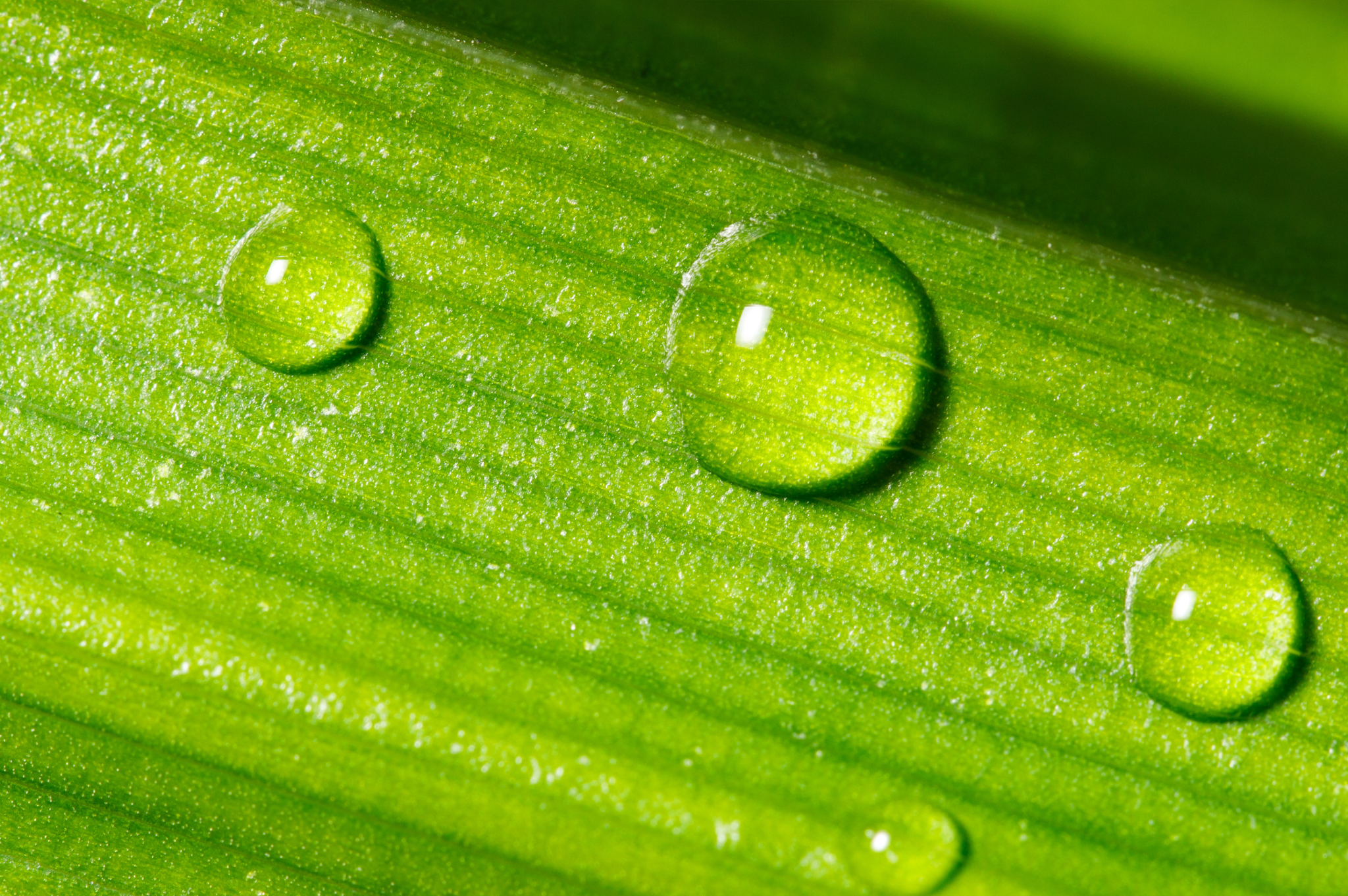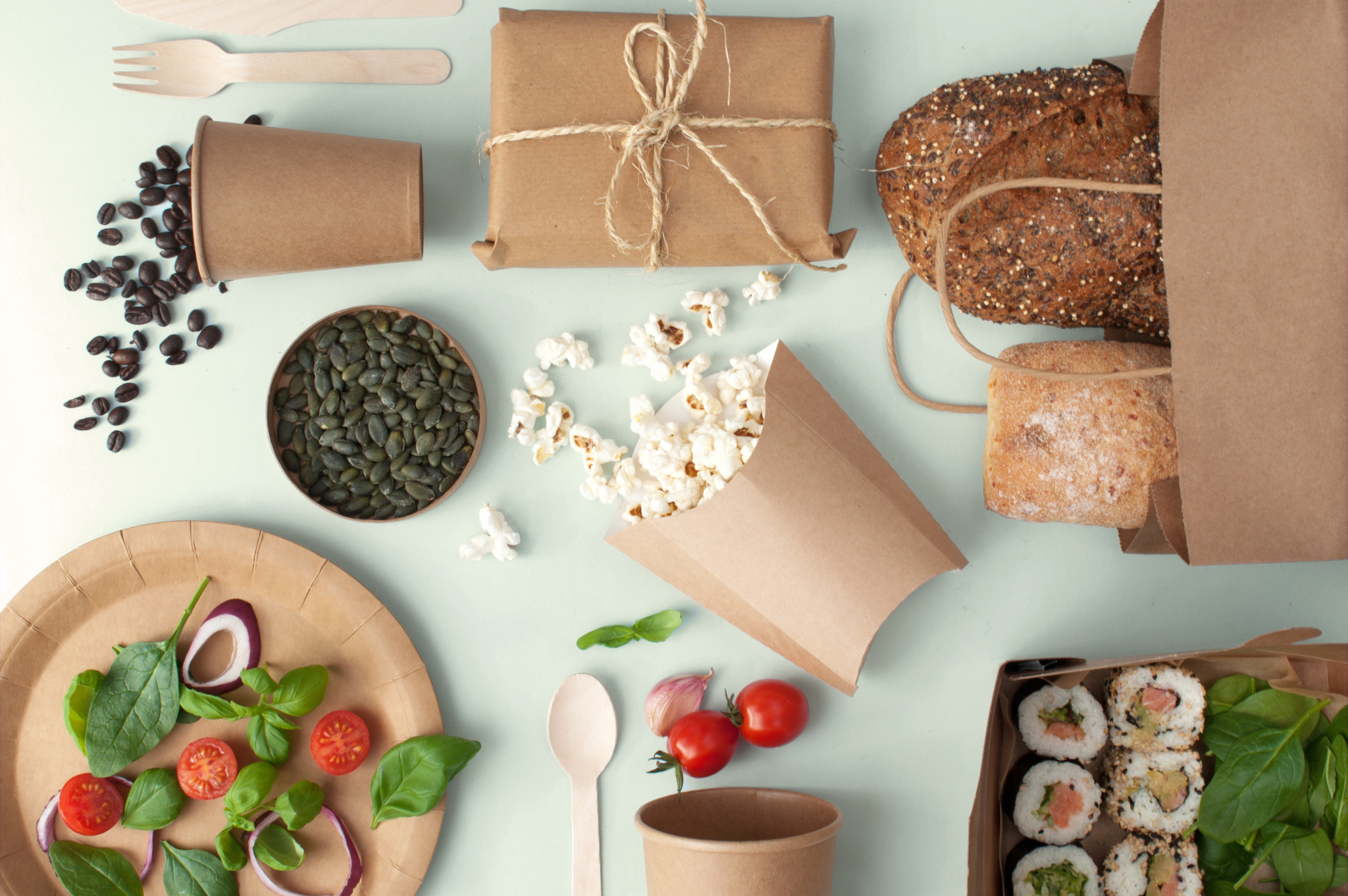The environmental impact of traditional coatings has long been a concern, particularly in industries like packaging and textiles, where plastic-based, non-recyclable coatings have become standard. These conventional coatings—typically made from persistent chemicals like PFAS, polyethylene, or other petrochemical-derived substances—create various environmental problems. Because they do not break down naturally, they contribute heavily to landfill waste, hinder recycling efforts, and release toxic compounds into the environment. This pollution poses long-term risks to both ecosystems and human health.
The demand for eco-friendly alternatives has never been more urgent as the world turns toward more sustainable practices. Increasing regulatory pressure, growing consumer awareness, and a global push for reducing environmental footprints have driven companies and industries to seek safer, more sustainable coating solutions to reduce waste and limit environmental harm.
The Environmental Problem with Traditional Coatings
Traditional coatings, especially those used in food packaging, textiles, and other consumer goods, present significant challenges. These coatings are typically designed to resist water, oil, or grease, making products more durable and practical. However, the synthetic chemicals used in these coatings make the materials difficult or impossible to compost or recycle.
For instance, a common barrier in food packaging is polyethylene (PE) coatings, which provide moisture resistance but prevent the entire product from being recyclable. Such coatings cling to packaging materials, making it challenging to separate layers during the recycling process. Consequently, instead of being repurposed, packaging ends up in landfills where it can take centuries to decompose.
Additionally, these coatings can leach harmful substances, like PFAS (per- and polyfluoroalkyl substances), into the environment. PFAS are known as “forever chemicals” because they are resistant to natural degradation, persisting in soil and water sources for years. This leads to contamination that can harm wildlife, pollute drinking water, and even accumulate in human tissue, potentially causing health problems like cancer, liver damage, or endocrine disruption.
The issue is particularly dire in the packaging industry, which generates millions of tons of waste globally every year. A significant portion of this waste is coated with non-compostable, non-recyclable layers, disrupting recycling streams and contributing to a growing accumulation of trash in landfills and oceans. The environmental footprint of such waste is vast, contributing to deforestation, resource depletion, and increased greenhouse gas emissions during disposal. Reducing this waste has become a critical goal for industries that want to maintain product functionality without compromising the planet's health.
In light of these challenges, industries worldwide are seeking sustainable coating solutions that can help reduce their environmental impact without sacrificing performance. Sustainable alternatives, such as Impermea’s compostable and recyclable coatings, offer a practical path forward. These coatings are not only designed to perform as well as their traditional counterparts but also minimize environmental damage by supporting composting, recycling, and biodegradation initiatives.
Impermea Materials’ Sustainable Solution: Compostable and Recyclable Coatings
At Impermea Materials, we are committed to addressing the pressing environmental challenges traditional coatings pose. Our innovative solutions, including the BIO-PAK + OTR 4060 and BIO-PAK + MVTR 4140 coatings, are designed to provide exceptional performance while significantly reducing waste. By utilizing bio-based, non-toxic materials, our coatings offer a sustainable alternative that does not compromise functionality.
Compostable Coatings: Closing the Loop
Our compostable coatings are engineered to break down naturally, returning valuable nutrients to the soil without leaving behind harmful residues. This is particularly beneficial in the food packaging industry, where single-use items are often discarded into landfills. Traditional packaging materials, which often contain synthetic, non-compostable coatings, contribute to landfill waste and environmental pollution. By using compostable coatings, we enable these materials to be diverted to composting facilities, where they can decompose naturally. This process reduces the overall volume of waste and supports a circular economy where materials are continually repurposed rather than discarded.
Recyclable Coatings: Enabling True Recyclability
Our recyclable coatings ensure that packaging materials can be fully recycled without contamination in industries where recyclability is crucial. Traditional coatings frequently disrupt the recycling process by making it difficult to separate different materials. However, Impermea’s recyclable coatings, such as those used in our Paper and Paperboard solutions, are designed to maintain the integrity of the substrate, allowing it to be processed and reused effectively. This approach enhances the recyclability of packaging, ensuring that valuable resources are recovered and reused rather than ending up in landfills.
The Benefits of Bio-Based Products
What distinguishes Impermea’s coatings is our unwavering commitment to bio-based innovation. Our coatings are derived from renewable resources, which reduces dependence on fossil fuels and supports a more sustainable supply chain. We offer bio-based, plastic-free, and PFAS-free options that align with global sustainability goals and help industries meet their environmental targets.
By adopting compostable and recyclable coatings, industries such as packaging and textiles can make a significant impact in reducing waste and fostering a more sustainable future. Impermea Materials is at the forefront of this movement, providing advanced solutions that protect the planet while addressing the performance demands of today's markets. Together, we can pave the way toward a greener future—one sustainable coating at a time.
Impermea Materials, is an advanced materials company based in Massachusetts that synthesizes and manufactures the highest-performing barrier solutions, which are PFAS-free and plastic-free. Our paper & paperboard packaging product line allows customers to unlock repulpable, recyclable, compostable, and PFAS-free product innovation. We offer customizable oil & grease resistant (OGR), moisture/water vapor transmission barrier (MVTR), fan-apart adhesives, and release coatings enabling customers to win new business and gain additional market share. Our products replace existing coatings that do not allow materials like paper to replace plastic due to a lack of performance. Traditional solutions in the market are facing regulatory action due to PFAS, Plastic, or other less sustainable materials. Our solutions provide an offering that genuinely outperforms legacy technologies without sacrificing the sustainability you need.



